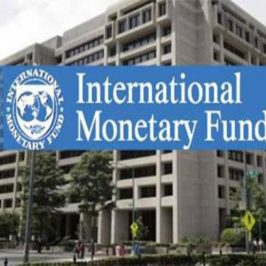 The government on Thursday proposed amendments to the rules under the Patents Act to streamline the application process, as part of its efforts to improve the ease of doing business in India.
The government on Thursday proposed amendments to the rules under the Patents Act to streamline the application process, as part of its efforts to improve the ease of doing business in India.
The government on Thursday proposed amendments to the rules under the Patents Act to streamline the application process, as part of its efforts to improve the ease of doing business in India. The rules also seek to encourage the manufacturing sector by offering expeditious processing of patent applications in cases where an investor has committed to use that innovation for its manufacturing activity in India.
Having a robust intellectual property rights (IPR) regime is one of the priorities of Prime Minister Narendra Modi, who recently agreed with his US counterpart Barack Obama to conduct annual technical dialogue between the nations in this area and take steps that would foster innovation and job creation.
The Indian Patent Amendments (Amendment Rules), 2015 released by the Department of Industrial Policy and Promotion (DIPP) on Thursday seeks to fast-track the patent application and processing procedure, and clarifies the manner in which certain information and supporting drawings are to be furnished. Stake holders have 30 days to give their feed back. The rules, however, do not touch substantive parts of the law — the demands from pharma MNCs for the removal of Section 3(d), the extra filter for patentability, have not been met. While some quarters allege that Section 3(d) is a TRIPS-plus provision, India has long maintained that it is meant to prevent ‘evergreening’ of patents by way of incremental changes sans therapeutic value, and is fully in conformity with the TRIPs.
The new rules also introduce ‘expedited examination of applications’ under certain circumstances that include cases where an applicant in the corresponding international application has designated the Indian Patent Office as the International Searching Authority.
Expedited examination is also available when the applicant or his assignee or prospective manufacturer (licensee) has already started manufacturing of the invention in India, or has undertaken that the manufacturing shall commence within two years from the grant of patent.




